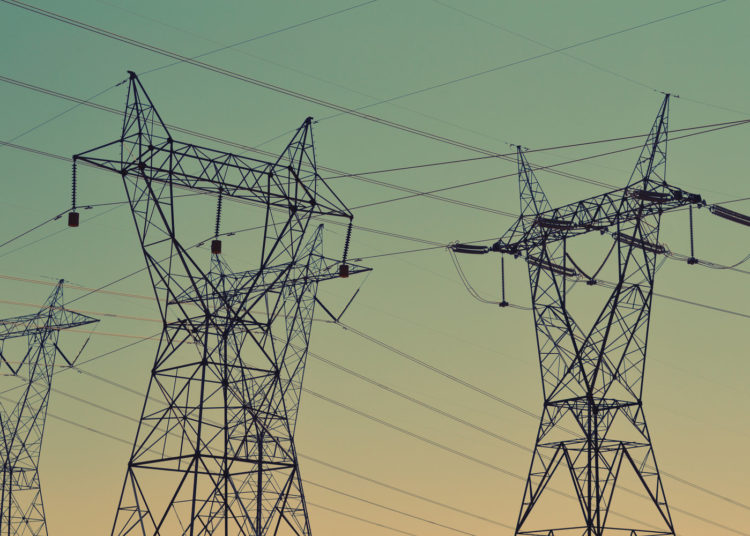The Nigerian Electricity Regulatory Commission (NERC) has reiterated its commitment to ensuring Band A customers receive a minimum of 20 hours of electricity supply daily, with automatic compensation triggered if distribution companies fail to meet this standard.
This enforcement aims to protect consumers and enhance transparency in the power sector.
NERC officials made these commitments on the Electricity Town Hall radio programme, which focused on the Service-based Tariff in the Nigerian Electricity Supply Industry (NESI).
They also disclosed the commission’s plans to gradually improve electricity supply to other customer bands.
During the discussion, the principal manager of the Economic Regulatory Division, Engr. Olisa Chukwuma said, “The commission designed this framework to ensure that what customers pay corresponds with the level of service they receive. The foundation of this policy is the availability of infrastructure to serve people.
“That is why customers were classified into five broad categories. Band A guarantees a minimum of 20 hours of supply daily, Band B 16 hours, Band C 12 hours, Band D 8 hours, and Band E 4 hours.”
Chukwuma noted that public interest in the band structure, introduced in 2020, increased in 2024 due to clearer distinctions between Band A and other categories. He advised customers to verify their service bands via their electricity distribution companies’ websites.
According to him, all DisCos must provide a portal for customers to check their feeder details and service band using their meter or account numbers, ensuring transparency and monitoring of supply hours.
Also speaking, senior manager at NERC’s Economic Regulation Division, Abdulaziz Aloba, said the Commission tracks DisCos’ performance daily and applies sanctions where necessary.
He said: “If you are a Band A customer, you are expected to get an average of 20 hours of supply daily in a month. Where a DisCo fails to meet that, customers are automatically compensated. If such failure persists for over seven days, that feeder is downgraded to the appropriate band that reflects the actual supply received.”
Aloba explained that NERC monitors power delivery using data from multiple sources, including the Nigerian System Operator (NSO) and Market Operator (MO), in addition to independent verification by the commission.
For his part, the deputy manager, Economic Regulation Division, Gbenga Osho, said “Customers who want improved service can make formal representations to their DisCos and may copy the Commission for transparency. But migration is subject to available infrastructure. Service levels are tied to investment capacity, not just customer preference.”
The deputy manager, Stakeholder Management Division, Simon Sunday, explained that the Commission approves band classifications solely after verifying that DisCos possess the requisite infrastructure to deliver the required minimum hours.
He said, “Before we approve any Band A feeder, we ensure that the distribution company has the capacity to provide at least 20 hours of supply daily.
“For instance, a DisCo may apply for approval of 1,000 feeders, but after our review, we might only approve 500 based on actual infrastructure readiness.”
Sunday emphasised that while Band A customers currently pay a tariff of N209.50 per kilowatt hour, the Commission continues to review tariffs monthly based on macroeconomic indicators such as inflation, foreign exchange rates, and generation costs.
“When the Band A tariff started in April 2024, it was N225 per kilowatt hour. It was later adjusted downward to N209.50, and it has remained stable for almost a year due to government subsidy management.
“The goal is not to punish customers but to ensure fair pricing that reflects service quality”, he said.





